Overview
Chronic insomnia is characterized by long-term sleep difficulties. If someone struggles to fall asleep or stay asleep three nights a week or more for at least three months, it is considered chronic insomnia. Patients with chronic insomnia may have had difficulty sleeping for years.
The term insomnia refers to a condition in which you cannot fall asleep, stay asleep, or both. The majority of Americans are not getting the minimum amount of sleep recommended, which is at least seven hours every night.
It is common for people to have periodic trouble sleeping, also known as acute insomnia. Acute insomnia commonly occurs during times of stress or life changes and lasts for a few days or weeks.
Chronic insomnia is considered when you cannot sleep more than three nights a week for more than three months. This can also be referred to as chronic insomnia disorder.
Read: Psychophysiological Insomnia
Types of chronic insomnia
The two major types of chronic insomnia are primary and secondary.
Scientists don’t understand the causes of primary insomnia because it is not caused by other medical conditions or medications. This condition is being studied by MRI scans. Research is underway to determine how certain brain chemicals contribute to primary insomnia.
Secondary insomnia results from other conditions. There’s no cure for it, but it’s a symptom that’s linked to things like emotional stress, trauma, and chronic health problems; certain lifestyle patterns; and taking certain drugs.
Chronic insomnia symptoms
The symptoms of chronic insomnia can occur during the night as well as during the day, making it difficult to perform your daily tasks.
There are several symptoms, including:
- Difficulty falling asleep
- Getting up during the night
- Inability to fall back to sleep
- Early morning wake-ups
- Feeling sleepy or groggy during the day
- Being unrested after a night’s sleep
- Irritability
- Changes in mood (such as depression)
- Concentration problems
- Memory issues
- An increase in accidents and mistakes
Read: Periodic Limb Movement Disorder
Causes of chronic insomnia
The cause of chronic insomnia can be many, but it is often linked to a medical condition. Stimulants and certain medications can be responsible, as well as certain lifestyle patterns.
Medical conditions
There are several long-term medical conditions that can lead to chronic insomnia, including:
- Conditions of the respiratory system, such as:
- Asthma
- Chronic obstructive pulmonary disease (COPD)
- Sleep apnea
- Congestive heart failure
- Diabetes
- Acid reflux
- Hyperthyroidism
- Fibromyalgia
- Pain
- Restless leg syndrome
- Menopause
- Urinary incontinence.
- Emotional and physical stress.
- Anxiety
- Depression
- Bipolar disorder
- Alzheimer’s disease
- Parkinson’s disease
Read: How Pandemic COVID-19 Affects Our Dreams
Medications and stimulants
There are some people who suffer from this condition due to medications and stimulants. Some of these include:
- Alcohol
- Antidepressants
- Beta-blockers
- Caffeine
- Chemotherapy drugs
- Antihistamines that contain pseudoephedrine
- Diuretics
- Illicit substances, such as cocaine and stimulants
- Nicotine
- Stimulant laxatives
Lifestyle patterns
Chronic insomnia may be caused by certain lifestyle patterns. Here are some examples:
- Rotating shift work schedules
- Intercontinental travel that leads to jet lag
- Lack of physical activity
- Too much napping during the day
- An irregular sleep schedule
- Poor sleep environment
Read: Hypersomnolence Disorder
Treatment of chronic insomnia
Chronic insomnia can be treated at home as well as professionally. The treatment for insomnia is dependent upon its cause and may include medication or therapy to address its underlying causes.
Chronic insomnia may be treated using a combination of treatment options, as well as treating any existing conditions.
Cognitive-behavioral therapy (CBT)
Chronic insomnia can be treated with CBT as effectively as or even more effective than sleep medications. Educating you on the importance of sleep and improving your sleeping habits, while assisting you in changing the beliefs and behaviors that inhibit your ability to sleep.
Psychotherapy focusing on insomnia, also known as CBT-I, includes the following strategies:
Cognitive techniques
A person may be able to avoid actively attempting to solve worries or concerns while also trying to sleep by writing them down before going to bed.
Stimulus control
Changing your habits will make it easier to fight sleep. Setting routines for sleeping and waking up will help. Some examples include sleeping only in bed and having sex only there, and leaving your bedroom after a certain number of minutes if you can’t fall asleep.
Read: Stimulant Use Disorder
Sleep restriction
A key component of this therapy is being careful not to nap while you’re in bed. We want you to be tired when you go to bed by depriving you of enough sleep. You’ll gradually spend more time in bed as you sleep better.
Relaxation techniques
Relaxing techniques such as yoga, breathing exercises, guided meditation, and others help reduce muscle tension and regulate your heart rate and breathing.
Paradoxical intention
Staying awake in bed is a more effective strategy than expecting to fall asleep. This reduces anxiety and worries about falling asleep. Learning how to sleep is the most beneficial.
Medications
You can get sleep or stay asleep using over-the-counter (OTC) sleep aids and prescription medicines.
Even if sleeping pills are effective, they aren’t typically recommended for long-term use due to their side effects. These include daytime sleepiness, forgetfulness, sleepwalking, balance problems and falling. Various sleeping pill classes can also be habit-forming.
Here are some medications that have been approved to treat insomnia:
- Zolpidem (Ambien)
- Eszopiclone (Lunesta)
- Zaleplon (Sonata)
- Doxepin (Silenor)
- Ramelteon (Rozerem)
- Suvorexant (Belsomra)
- Temazepam (Restoril)
OTC sleep aids include:
- Diphenhydramine (Benadryl)
- Doxylamine succinate (Unisom SleepTabs)
- Melatonin
- Valerian root
- Chamomile tea
Talk to your doctor before taking melatonin or valerian root supplements, which are OTC sleep aids. The presence of unwanted side effects and interactions with other medications are just as common with OTC and natural sleep aids.
Read: How to Calm Anxiety Attacks
Cure for chronic insomnia
Those with chronic insomnia who have an underlying health condition, such as acid reflux or pain, may be able to find relief by treating the condition. Various treatments can be used to manage or prevent insomnia caused by chronic health conditions. Consult your doctor if a medication you’re taking is making you sleepy.
Home remedies for chronic insomnia
You can treat or prevent chronic insomnia at home by doing several things. Good sleep hygiene is a good option for treating chronic insomnia. Changes in behavior should be incorporated to help improve your sleep quality.
Here are some suggestions:
- Don’t drink caffeine late at night
- Try to avoid smoking and drinking before bed
- Be physically active regularly
- Try to avoid napping
- Eat less at night
- No matter what day of the week it is, get up and go to bed at the same time every day
- Before bedtime, refrain from using computers, TV, smartphones, or other technological devices
- Try wearing a sleep mask or keeping your bedroom dark
- Set your room’s temperature to a comfortable level
- Choose a comfortable bed
Read: Hypersomnia Disorder
Outlook
Behavioral therapies can be used to treat chronic insomnia in combination with lifestyle changes that can help you sleep better. Get in touch with your doctor if you have trouble sleeping and it interferes with your quality of life.
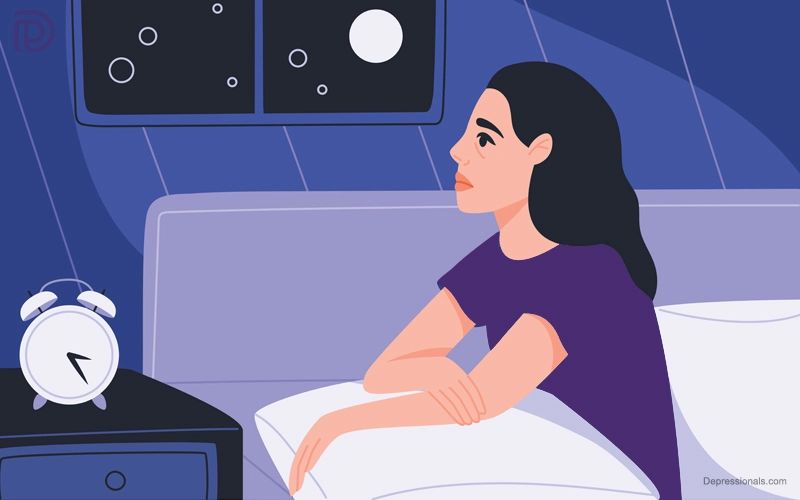
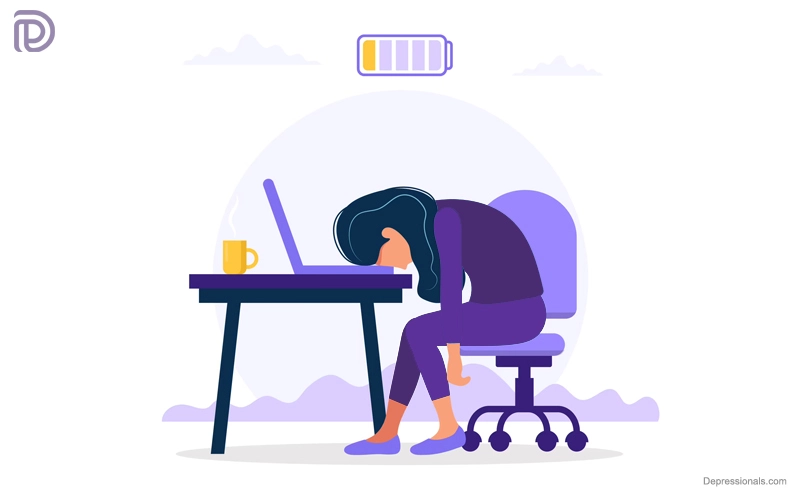
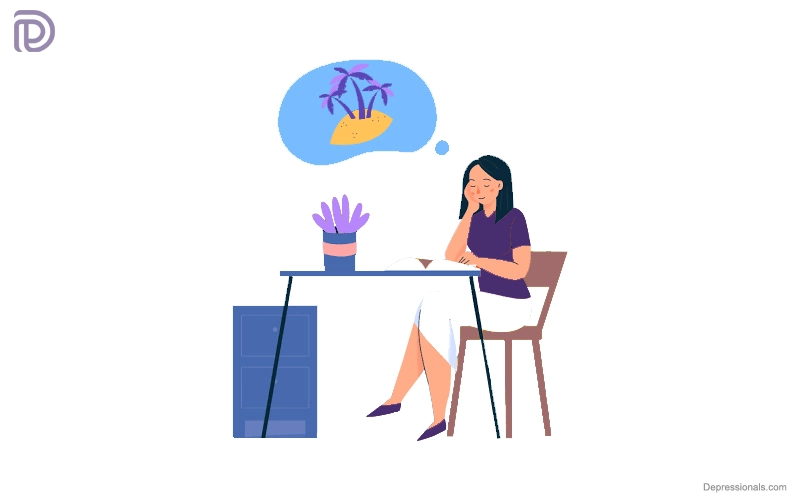
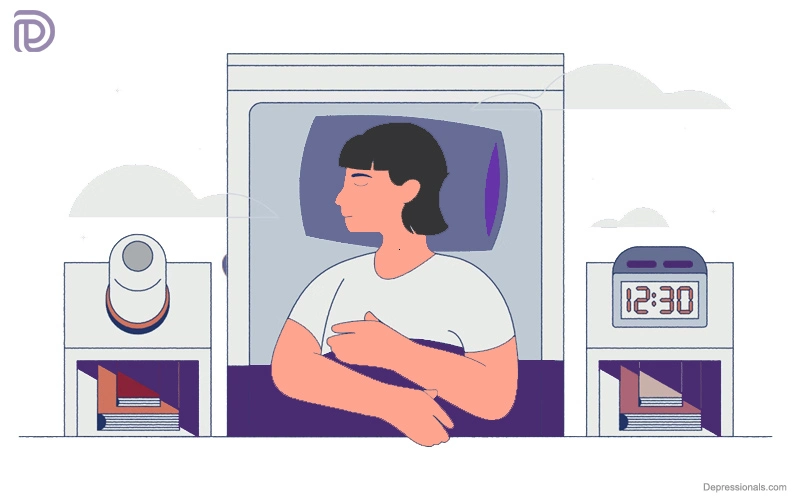
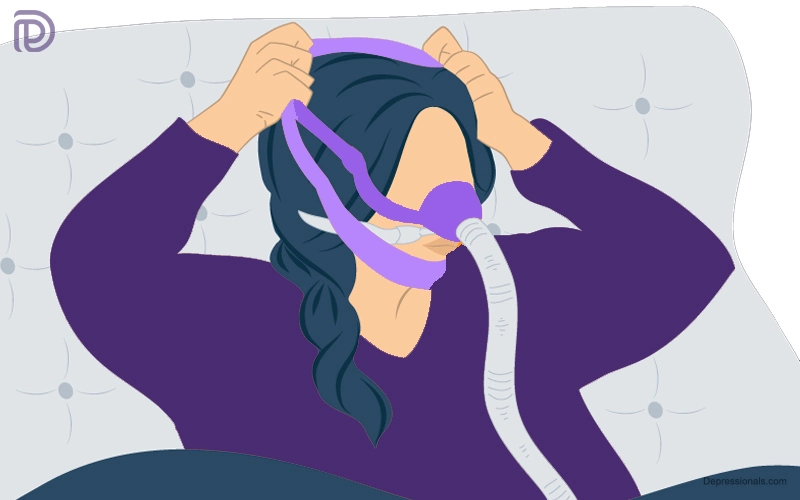

I know this if off topic but I’m looking into starting my own blog and was curious what all is required to get set up? I’m assuming having a blog like yours would cost a pretty penny? I’m not very web savvy so I’m not 100 certain. Any recommendations or advice would be greatly appreciated. Cheers
Keep functioning, splendid job!